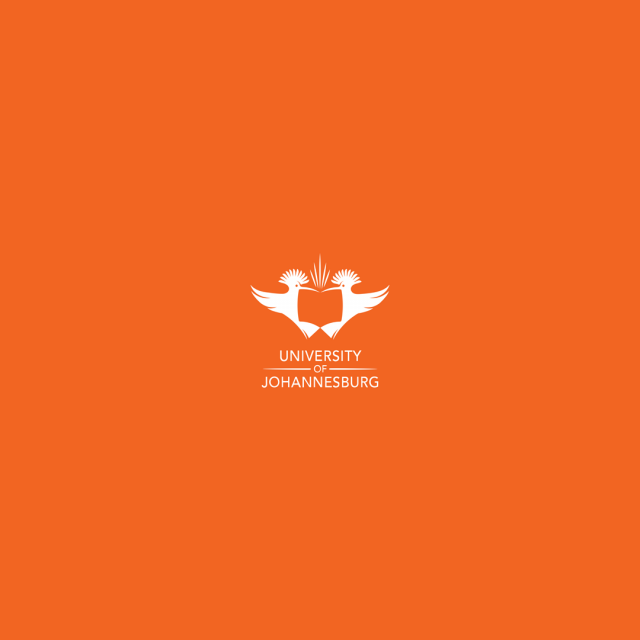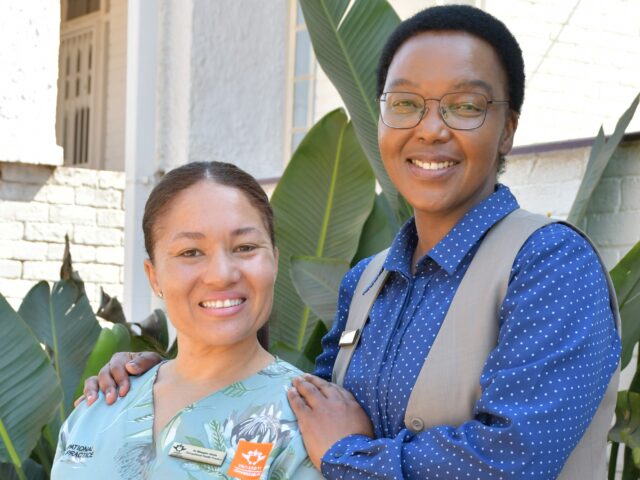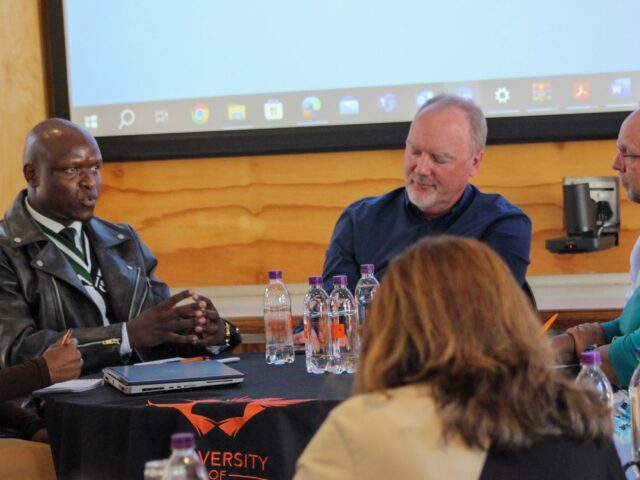Short Learning Programme in Environmental Auditing
Home » University Courses »General
Faculty Website: Faculty of Science
Department: Department of Geography, Environmental Management & Energy Studies
Programme Level: Continuous Education Programmes
Programme Name: SLP in Environmental Auditing
Programme Code: S2EA1O
Medium of Facilitation: Online
NQF Level: 5
NQF Credits:
SAQA:
Senate Approval: S183/2024(2)
Application Start Date: 2 January 2025
Application End Date: 14 December 2025
Campus: Auckland Park Kingsway
Contacts: Mr Bopaki Phogole bopakip@uj.ac.za 011 559 2433
Email: bopakip@uj.ac.za
Duration of Study: 3 Weeks.
Purpose
We have entered the Anthropocene, a period where anthropogenic pressures on the environment override natural pressures, leading to a global environmental crisis such as the ongoing 6th mass extinction, unprecedented climate change, environmental injustice, etc. This crisis is mainly driven by unsustainable use of environmental assets in combination with ill-informed decisions that affects the environment. In response, several tools have been designed to monitor changes to the environment and inform decision-making towards achieving a more sustainable environment. These tools include Environmental Impact Assessment (EIA), Social Impact Assessment (SIA), Red-Listing, Norms and Standards, etc.
Despite the use of these tools over decades, environmental conditions continue to degrade, and this degradation affects negatively human health conditions and puts at risk the future of humanity. To avoid further mistakes and correct mistakes already made about developmental actions that negatively affect the environment, environmental auditing becomes an obligation.
Environmental audit started officially in the US in 1969, coinciding with the promulgation of the US National Environmental Protection Act (NEPA). In South Africa, the first environmental audit was undertaken by Eskom in 1989. Environmental audit is an evaluation by companies and government agencies to verify compliance of organizations/businesses with legal requirements as well as their own internal policies and standards on any aspects of the environment. One can look at environmental audits as operational tune-ups or diagnostic exams.
The need to conduct environmental audits is grounded in the South Africa’s Constitution, specifically in its Section 24. The Section 24 of the South Africa’s Constitution was adamant about the need to maintain a non-degraded and non-harmful environment for the benefit of all, thus making a healthy environment a human right in the country. The same Section also indicated that ‘reasonable legislative’ and ‘other measures’ that secure, inter alia, ecologically sustainable development, are required to achieve this non-degraded and non-harmful environment. By ‘reasonable legislative measures’, the Constitution alludes to the body of environmental laws, e.g., NEMA (National Environmental Management Act). However, by ‘other measures’, the Constitution refers to not only ISO 14001:2015-based management system, the duty of care principle and the precautionary principle (environmental management principles) but also environmental audit. Furthermore, audit (internal and external) is listed as part of the top scarce skills in South Africa in 2023.
Indeed, in October 2023, the Department of Home Affairs published a list of 142 scarce skills for the country (see Government Gazette No. 11628, Vol. 700, 3 Oct. 2023. No. 49402). In this list, audit, both internal (OFO CODE: 2021-242211) and external (OFO CODE: 2021-241104) is listed as part of the areas of scarce skills in South Africa. As a scarce skill, an SLP in Environmental Audit will not only assist in filling the knowledge gap in the sector of Audit in the country, but also enhance job-seeking opportunities.
Furthermore, Environmental Impact Assessment (EIA) is well established internationally as a tool to detect and resolve possible adverse impacts of planned developments on the environment. Also, Environmental Assessment Audit or EIA follow-up was recognized by Sadler (1996) as one of the primary tasks that would increase EIA effectiveness. Specifically in South Africa, Environmental Assessment Audit or EIA follow-up is compulsory for environmental approvals (EAs, Water Use Licenses, etc.) granted by environmental departments and ministries. However, it is now acknowledged that EIA follow-up or EIA audit is neglected in the implementation process of EIA (Sinclair et al., 2018; Pinto et al., 2019), most likely due to a lack or limited skills available in the field (since it is a scarce skill; Government Gazette No. 11628, Vol. 700, 3 Oct. 2023. No. 49402). As such, the present SLP in Environmental Audit is a unique opportunity for career enrichment and personal development for all environmental managers or anyone who has an interest in it.
Finally, this SLP is complementary to an existing SLP in Risk and Socio-Environmental Sustainability (RSES) that we have been offering for the past 3 years. In the RSES, students are exposed to how to do environmental risk assessment as well as how to implement environmental sustainability. However, they do not know how to audit the strategies they may have defined to avoid or minimize risks and to reach an effective environmental sustainability.
In this context, the present SLP aims to train current and future leaders on how to conduct an environmental audit. Specifically, the SLP will enable students to be professionally competent and to become acquainted with the different procedures of environmental auditing.
Career Opportunities
The proposed SLP is developed for current students and professionals in the field of environmental management, environmental science, ecologists, including zoologists and botanists or in the field of human or natural science who want to specialize in environmental audit.
Admission Requirements
A minimum qualification at NQF 5 level is required.
Selection Process
Selection will be made based on the academic merit.
UJ Faculties
| All Faculties
College of Business and Economics (CBE)
Created from the former Faculties of Management, and Economic and Financial Sciences



Faculty of Engineering & the Built Environment
First in South Africa offering a full range of professional engineering qualifications











